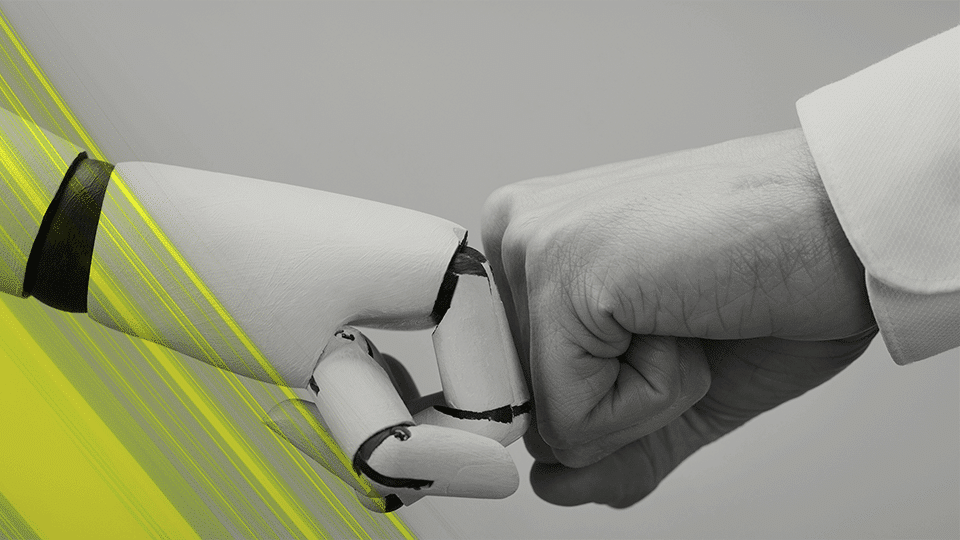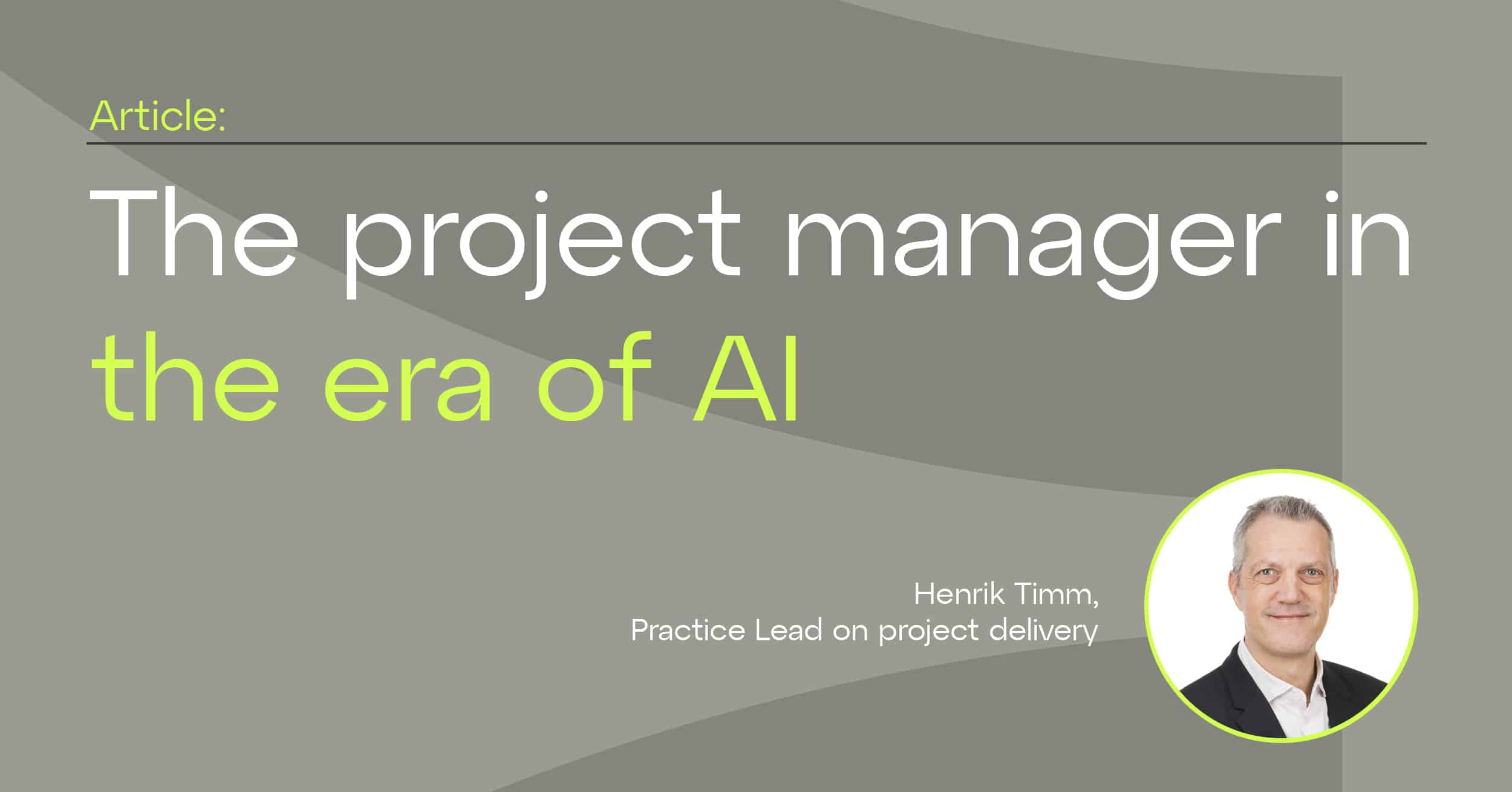What considerations do project managers need to make?
PMs should consider the ethical challenges associated with integrating AI into the organisation's daily processes. As AI systems become more sophisticated and autonomous, concerns regarding issues such as bias in data and lack of transparency in decision-making algorithms are relevant as well. This is not the end of the world, but organisations must be aware of this before it leads to unwanted issues down the line.
It sounds simple, but Project Managers must ensure the organisation is ready to embrace the new technology before implementing AI processes. Firstly, data needs to be optimal for it to be successful, which requires it to be high quality and organised in the correct categories. PMs must also ensure there are suitable experts in the team who have enough knowledge and expertise to manage the technology effectively.
Choosing the right tasks for AI tool integration is important and can be done by evaluating pressure points. For example, if time-saving is vital for the organisation, AI would be valuable in supporting this function. Project managers can effectively leverage AI to drive productivity and innovation by making informed decisions.

























